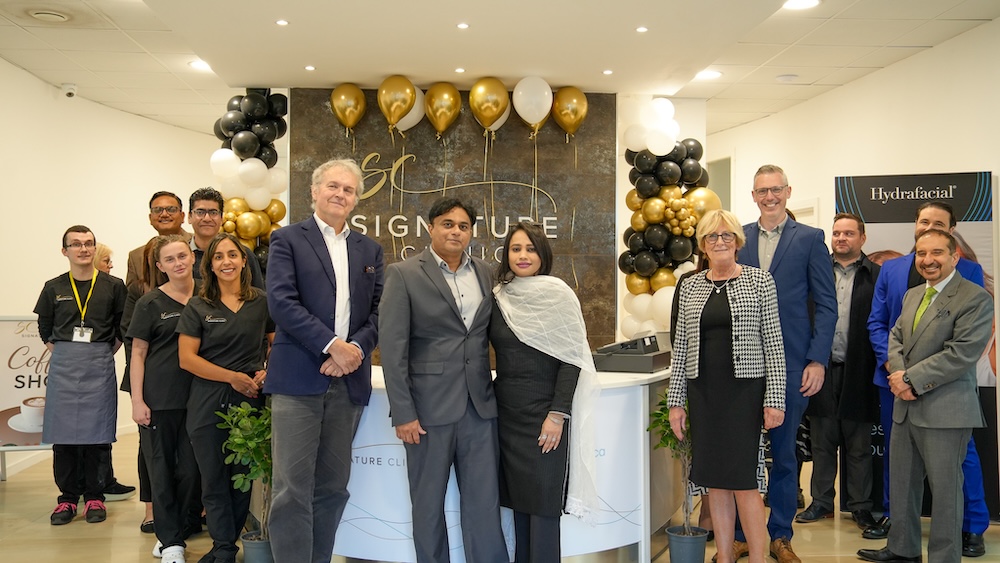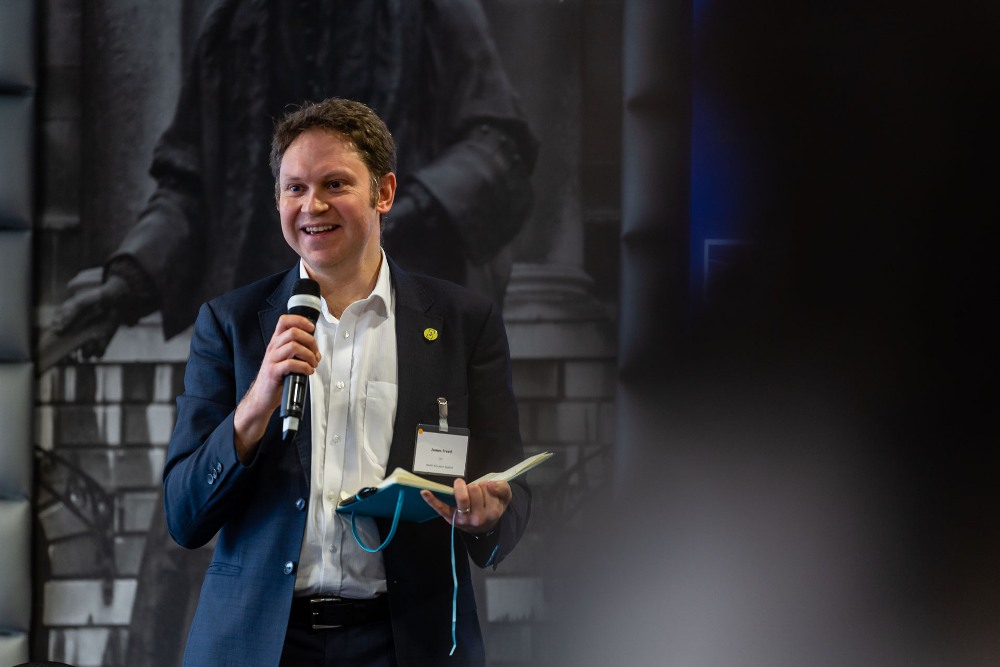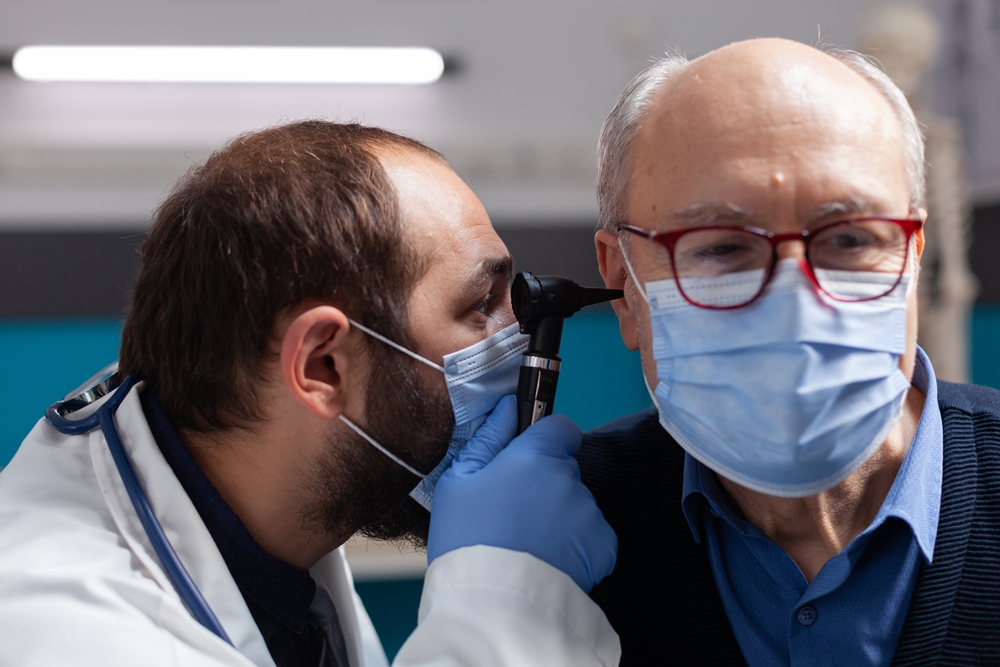Insight
Signature Clinic Glasgow has announced the move of its Glasgow clinic to a newly refurbished, purpose-built facility. Signature Clinic has built a reputation for safe, affordable and life-enhancing treatments. Now, patients in Glasgow will be able to enjoy the same trusted care in a beautiful new fully upgraded clinic designed with comfort, style, and wellbeing [...]
By Dr Scott Froum, DDS - Board-Certified Periodontist, New York City For decades, dentistry has been defined by mechanical repair: filling, replacing, and rebuilding what disease or decay destroyed. But a new era of regenerative dentistry is shifting that paradigm. Instead of replacing what has been lost, we are learning how to stimulate the body [...]
Christian Hardahl, EMEA Healthcare Leader at SAS, explains how increasingly sophisticated digital twins could transform hospital operations and pave the way for better patient care. Staffing shortage, wasted medication, delays and waiting lists are just some of the everyday inefficiencies that healthcare professionals are familiar with. Without urgent reform, these challenges are only going to [...]
By Mr Fulvio Urso-Baiarda, Consultant Plastic Surgeon, Berkshire Grove Hospital The evolution of technology in plastic surgery has been extraordinary. In just a few short years, we have moved from energy-assisted devices being a niche curiosity to them becoming an integral part of modern surgical practice. Among the most exciting of these advances is IgniteRF [...]
By Richard Kavanagh, openEHR and FHIR Board member & Head of Technology (UK & Ireland) at Better The government has committed to introducing a Single Patient Record (SPR) for England. It is one of the clear ambitions set out in the 10 Year Health Plan, and will see it operate as a patient passport, making [...]
By James Freed, deputy director for The NHS Digital Academy, NHS England Digital is no longer an add-on to healthcare, it is inseparable from it, and is a key pillar of the NHS 10 Year Plan. Electronic patient records, remote consultations, rostering, pathology and radiology systems, and an expanding family of AI-enabled tools now frame [...]
Odgers’ Chris Hamilton and Mike Drew discuss the rapid dominance of Big Tech in healthcare and what executive leaders can do to successfully navigate this landscape Imagine your health system is approached by a major tech company offering a “data-trust” layer that connects your electronic medical records to patients’ devices. The promise is seamless identity, [...]
Mr Florian Bast on Using Heidi Health Mr Florian Bast, MD FRCS is an ENT & Facial Plastic Surgeon specialisng in Rhinoplasty in London Balancing technical precision with patient connection is a daily requirement in modern ENT and facial plastic surgery. For Mr Florian Bast, a leading UK specialist in Rhinoplasty and nasal surgery, delivering [...]
By Sanius Health Satya Nadella might be the CEO of Microsoft, but he is also the unofficial poster child for what a Chief Data and Information Officer should be. Jacky Wright, formerly Microsoft’s CDIO in the US and now McKinsey’s Chief Technology and Platform Officer, carries similar weight. Atif Rafiq, who injected digital into both [...]
Young people are underrepresented in medical trials, prompting warnings that future treatments could be less safe or effective for younger generations, The Guardian has revealed. Gen Z – those born between the late 1990s and the early 2000s – make up 8 per cent of England’s population but just 4.4 per cent of participants in [...]













